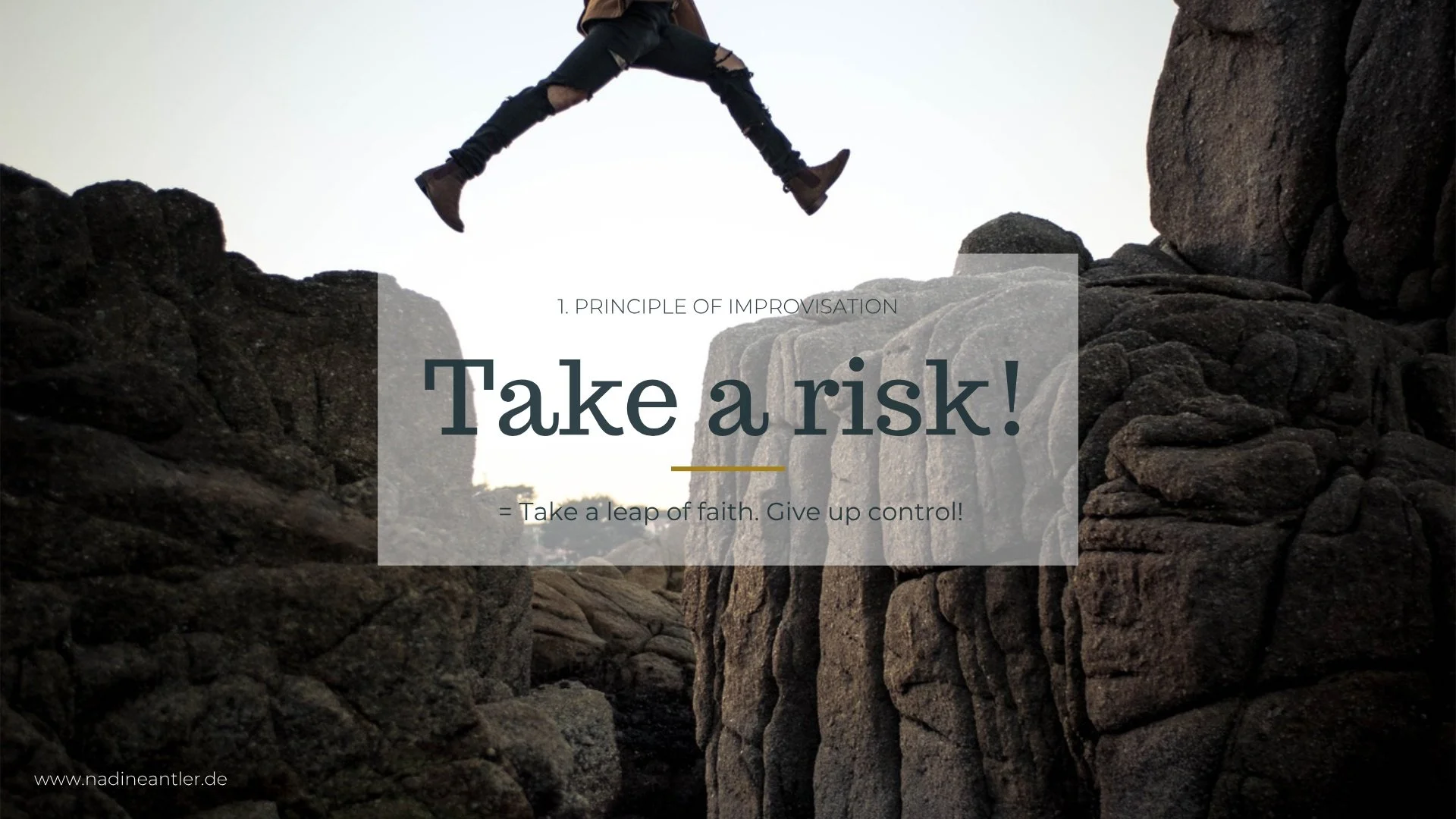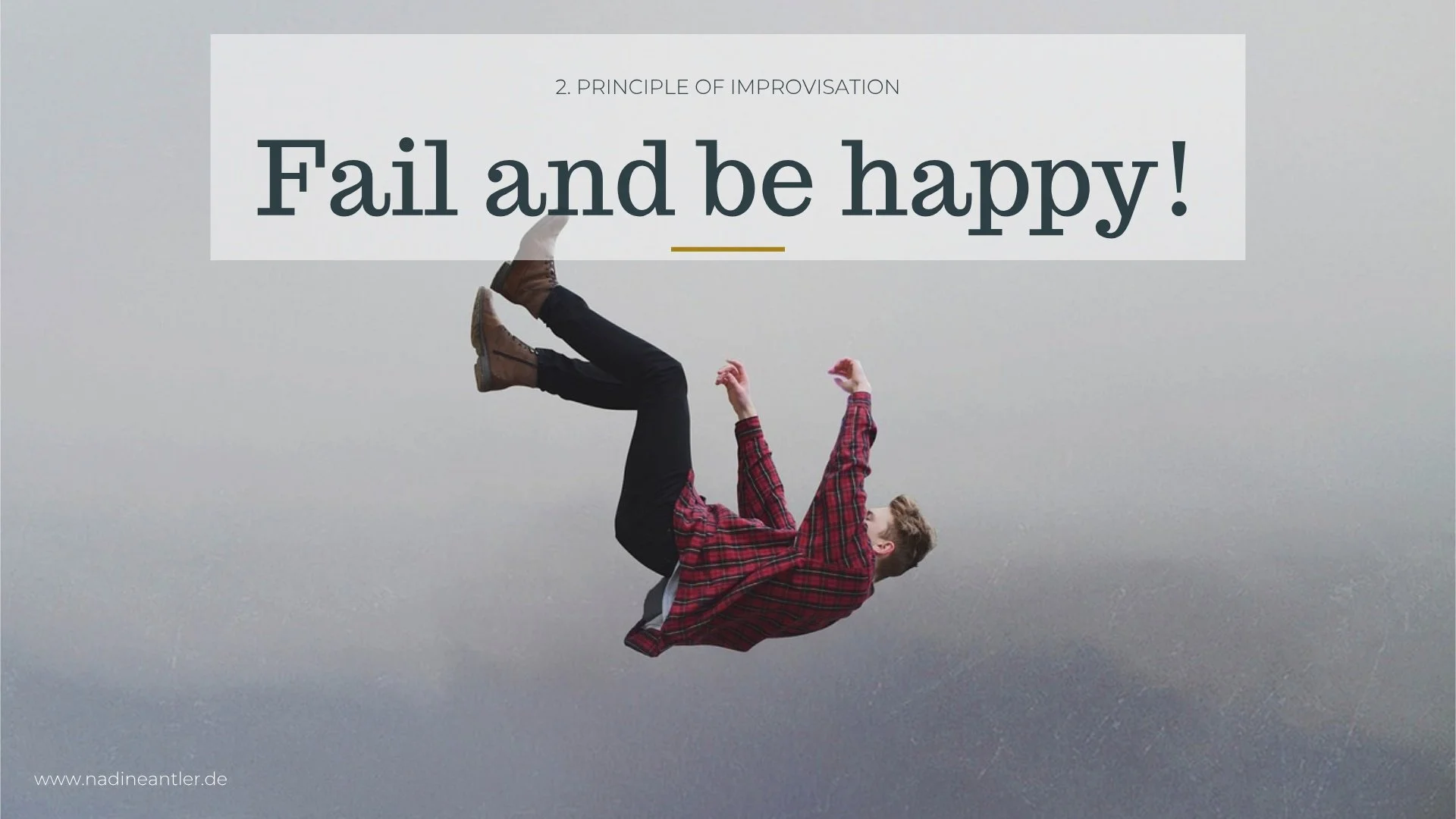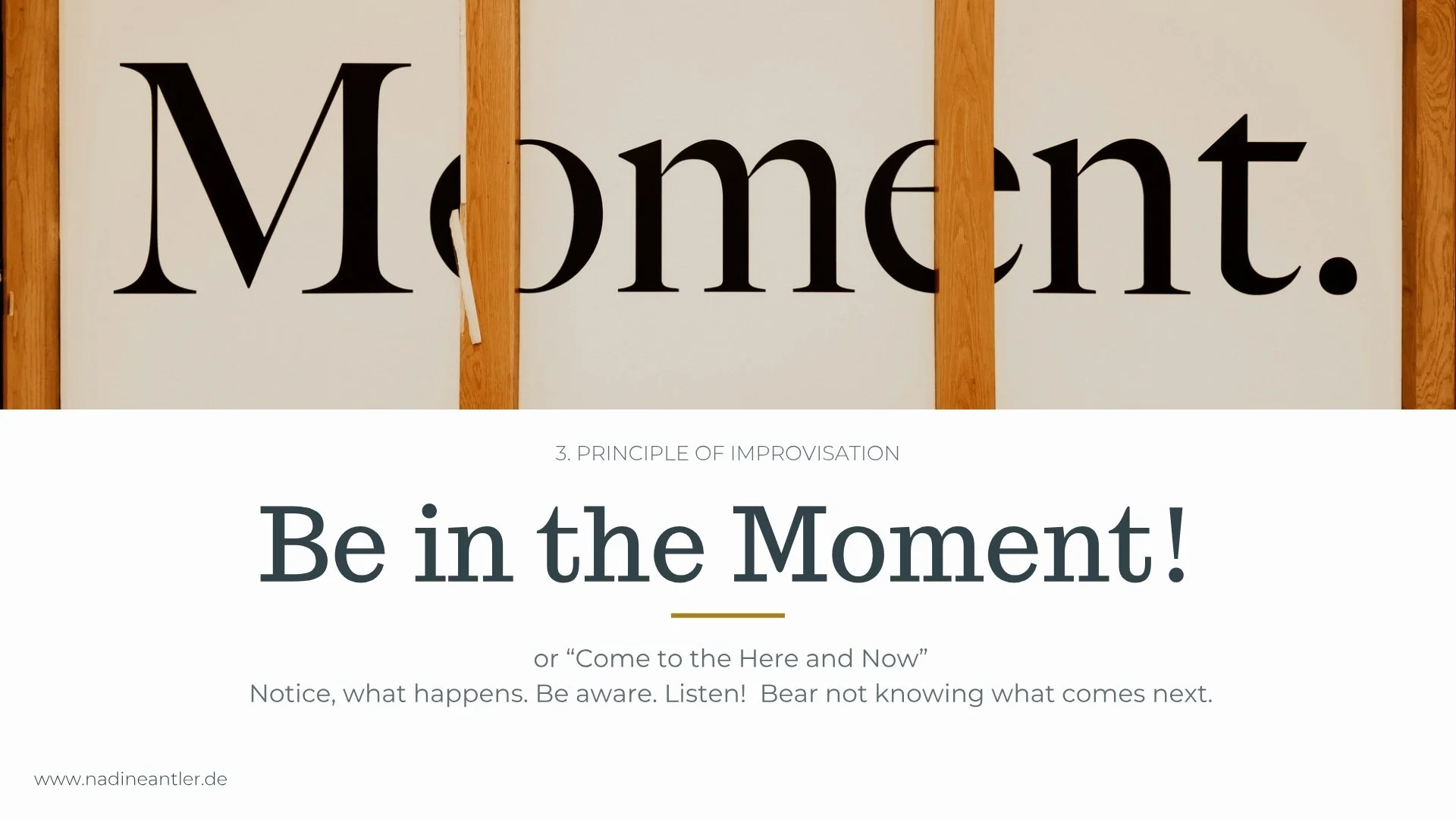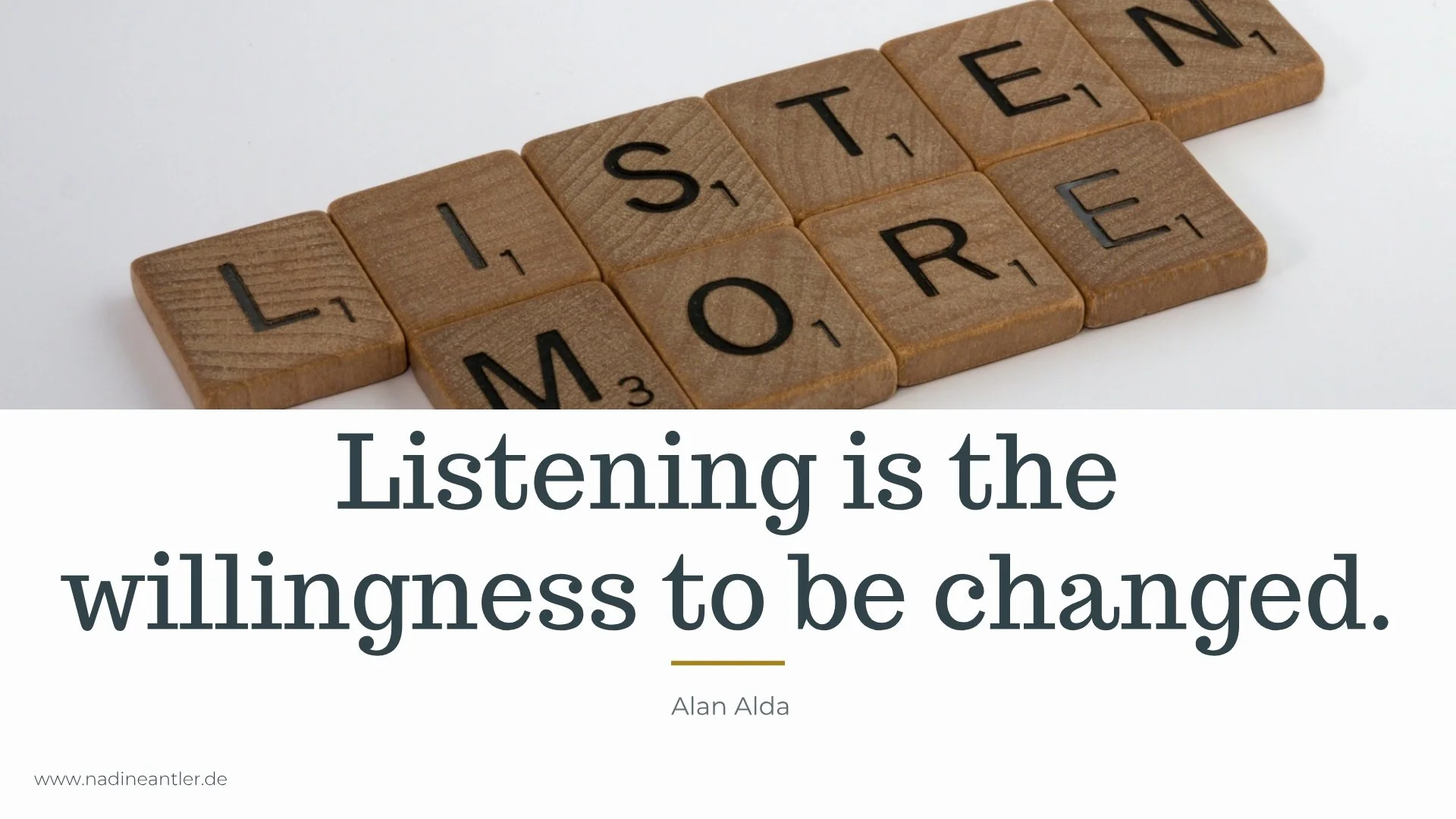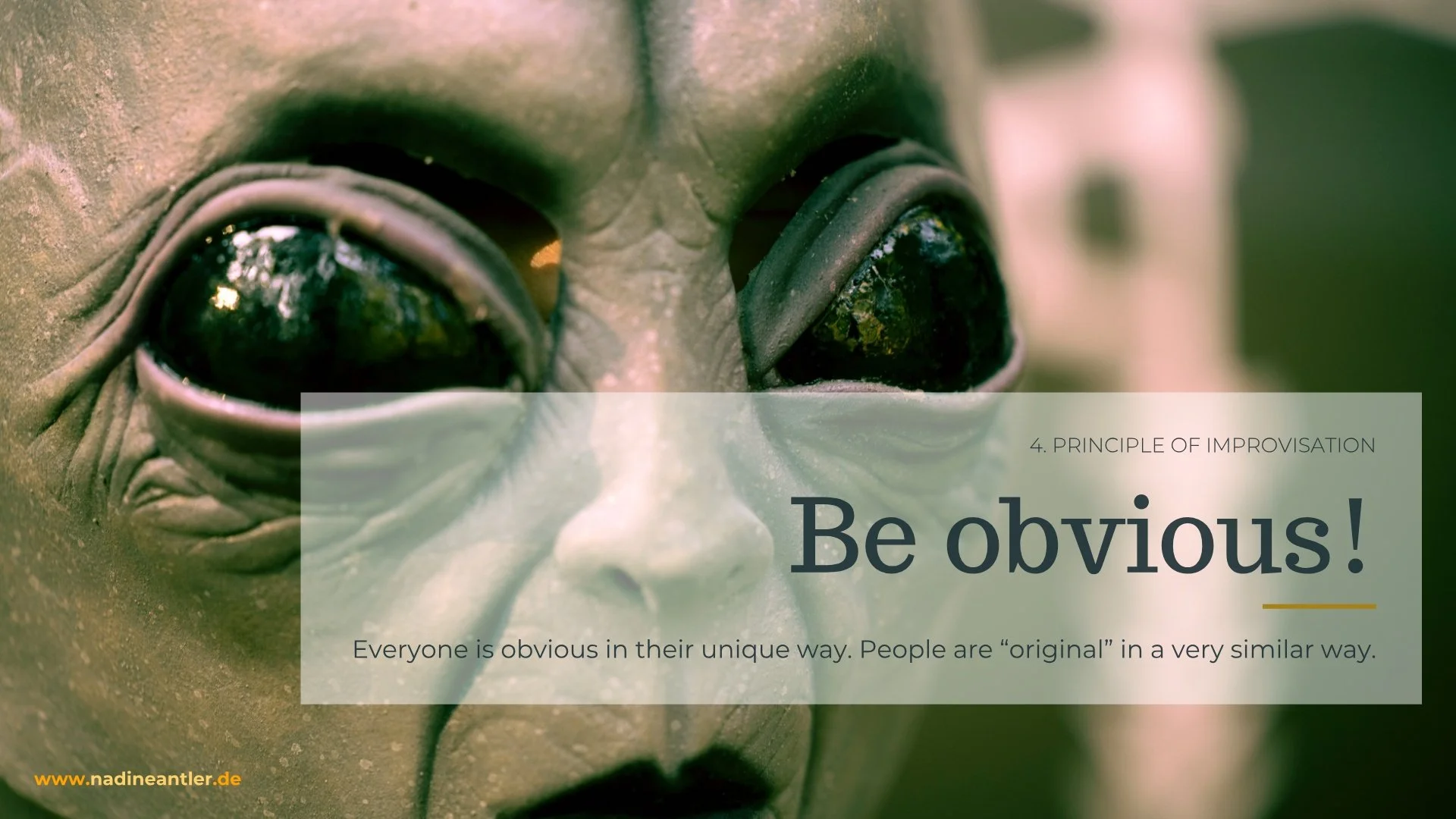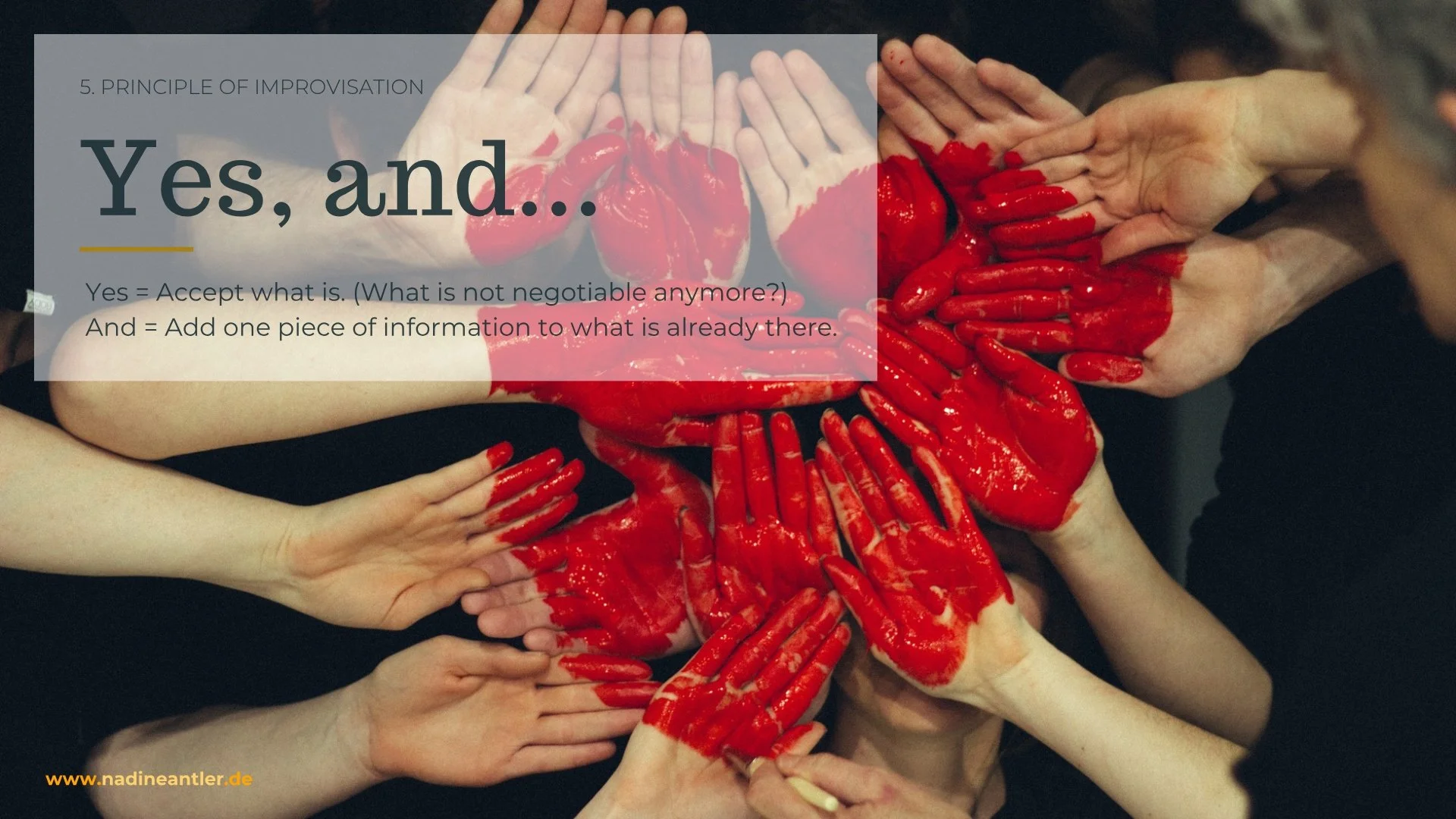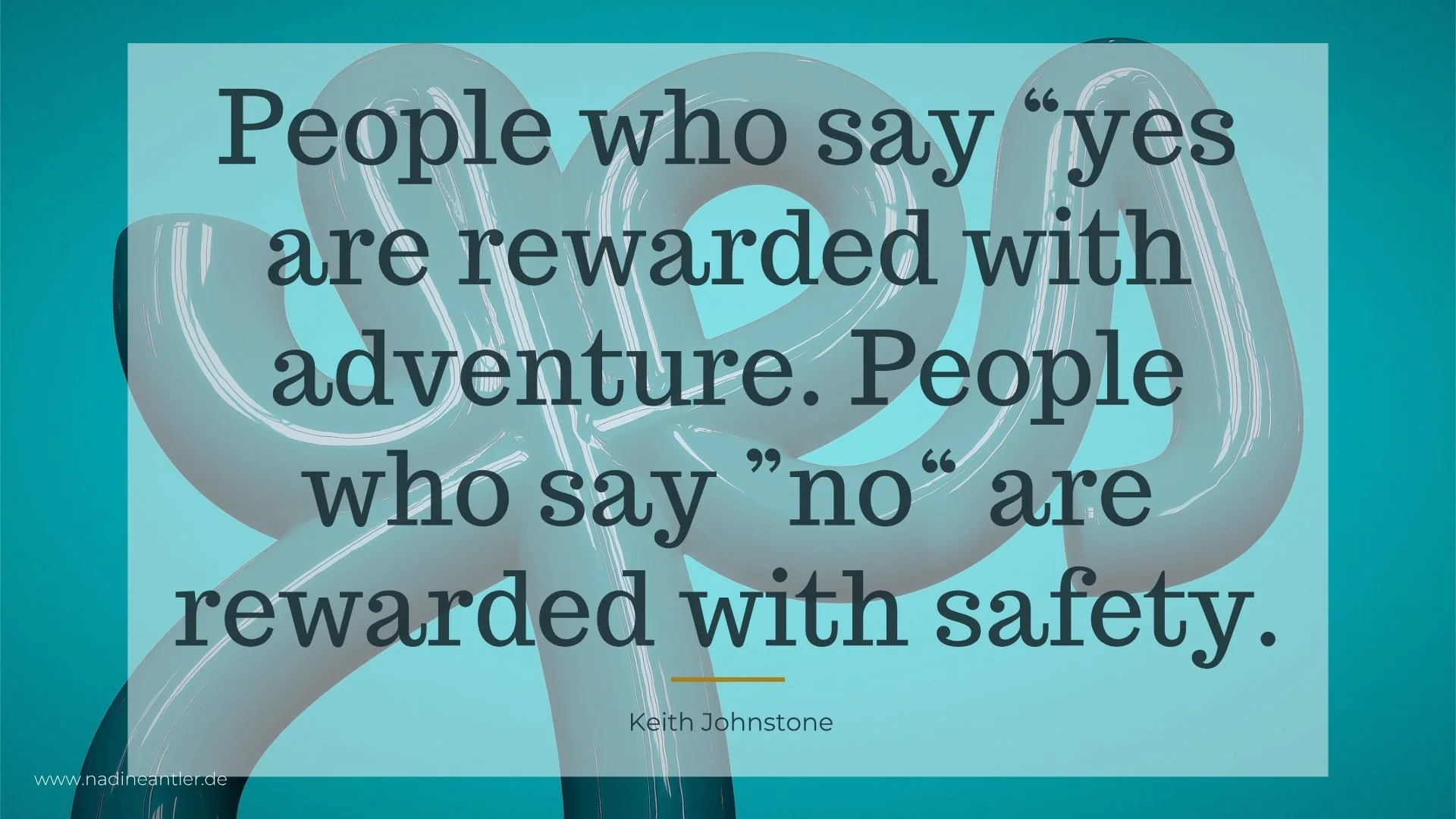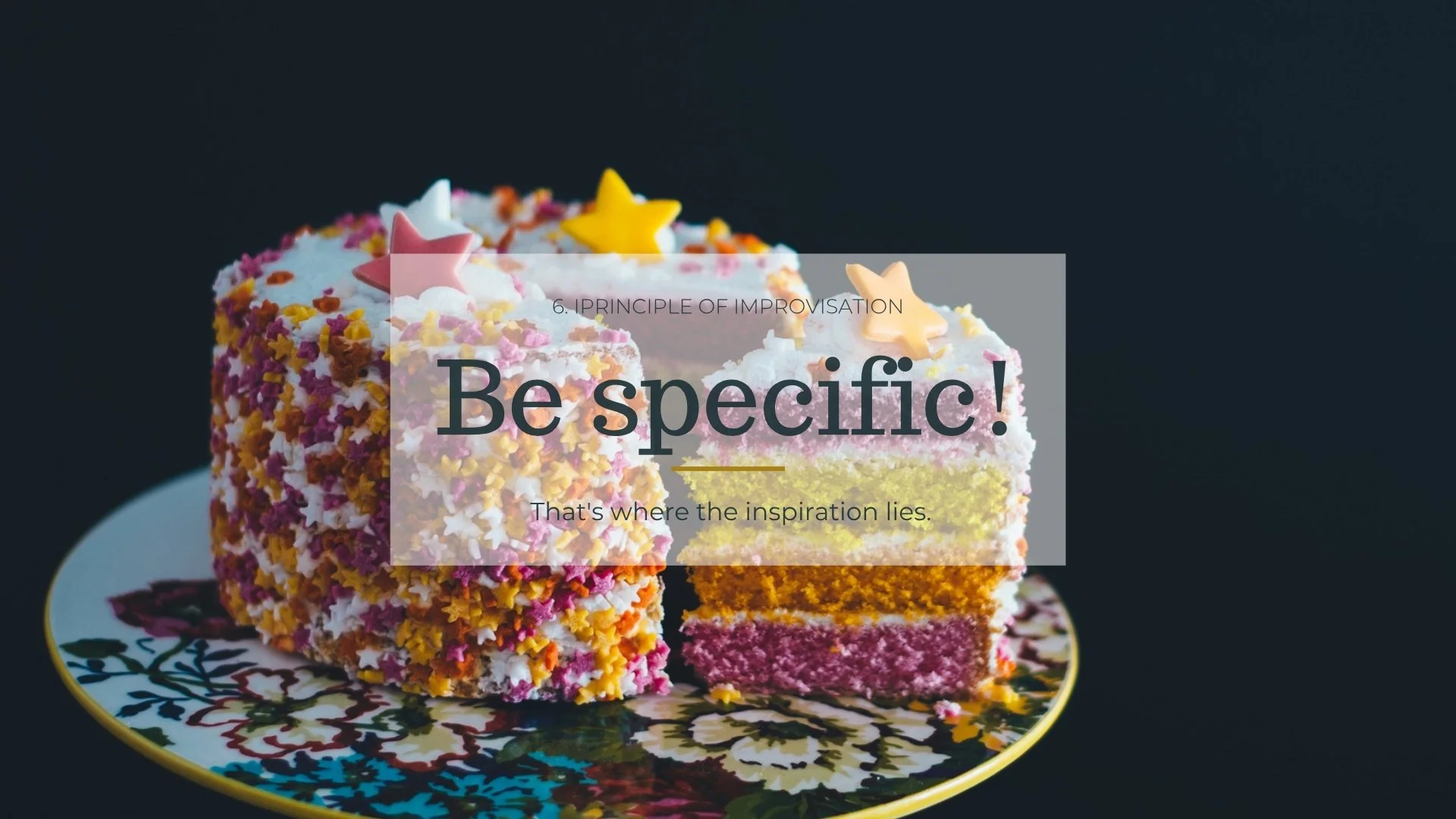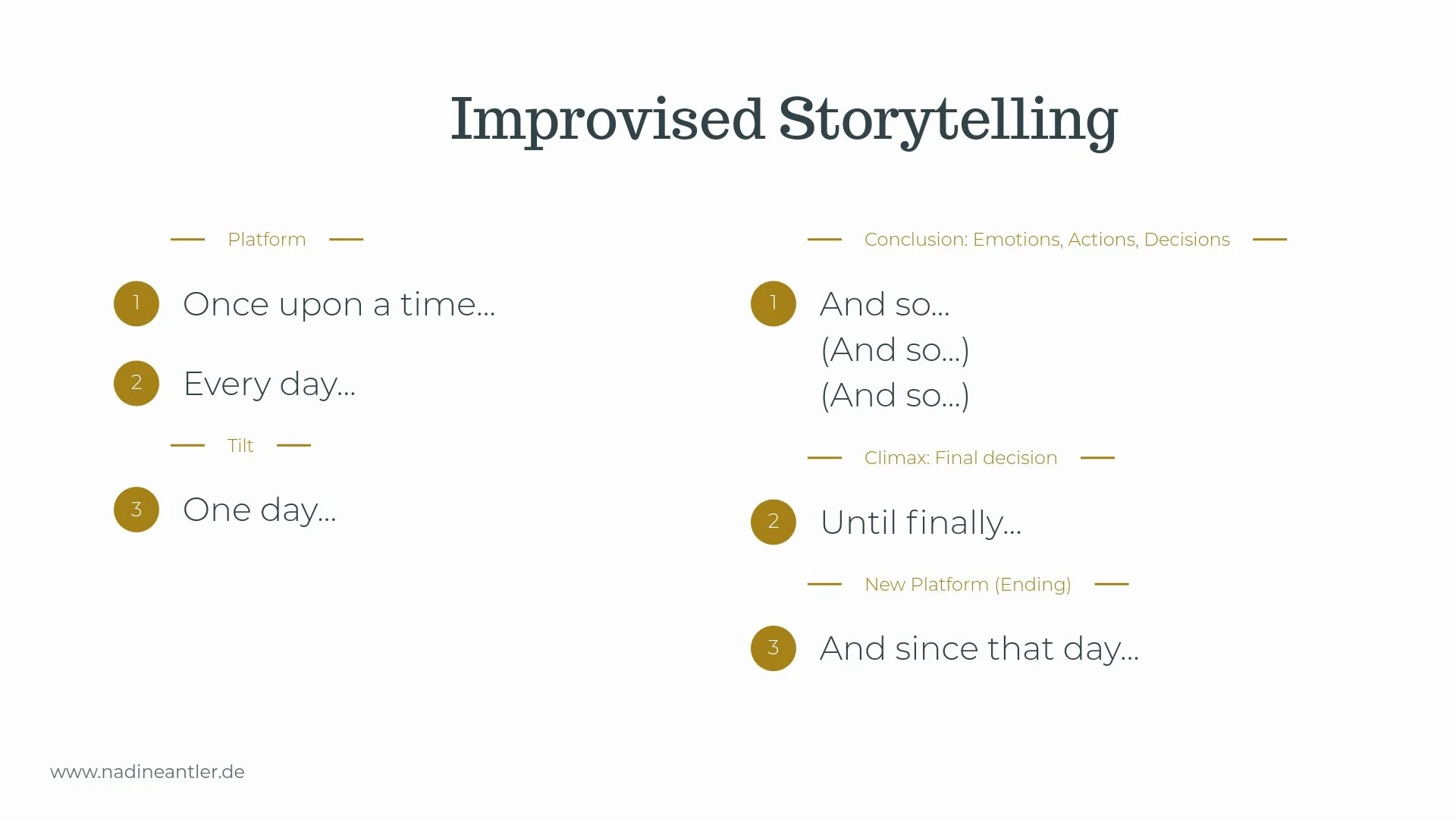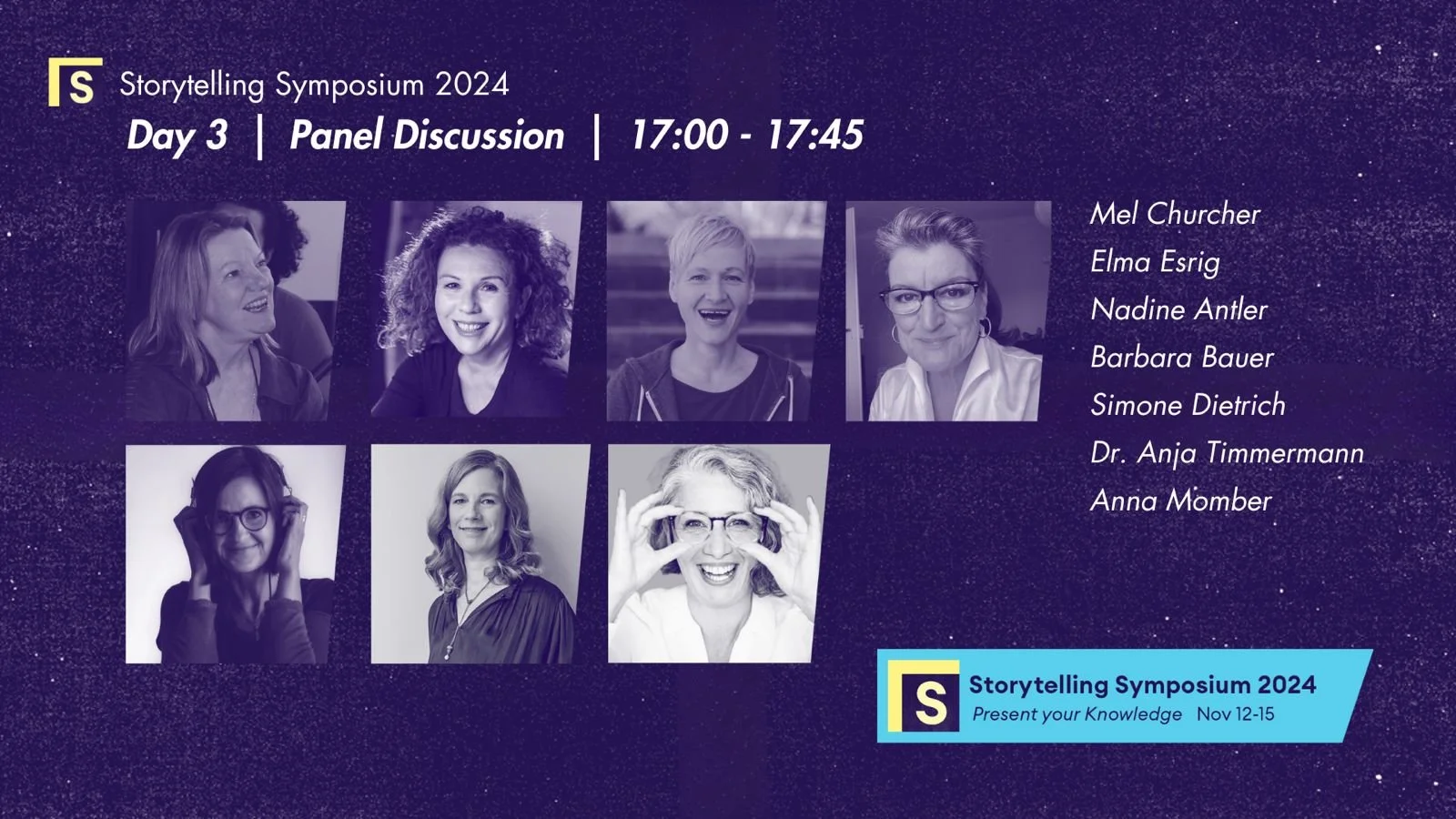The Storytelling Symposium Library
HOW
Present on Stage
Make the shift from delivering to performing your ideas with actors, directors and voice coaches.
Picture: Livraria Lello in Porto, © Wikimedia Commons
HOW
Present on Stage
Keynote
Mel Churcher
Sessions
Elma Esrig
Nadine Antler
Barbara Anne Bauer
Simone Dietrich
Panel
Keynote Lecture
Bring Life to your Words — Acting and Voice Coaching
Mel Churcher
HOW — Present on Stage
-
Why does telling stories engage the listener?
How could you use this ancient in-built skill to enrich your presentations and free your own thoughts? To bring life to your words?
We’ll explore how our bodies and minds are inextricably linked; our voices, gestures and thoughts fuse into the extraordinary power of communication. How, if you use this basic need to share our stories – the details, the experiences – then thoughts and words leap to vivid life for the listeners. Your eyes sparkle with thought, pictures leap into your mind, your body is alive, your voice is rich and free, nerves vanish.
How can you weave a story into your lectures, presentations, discussions? How can you draw your listeners in, so that they can experience what you have experienced; share that moment of discovery; hear and feel what you did? How can you tell of your own journey, passions, revelations – and bring them to life to fire up other people to create their own? To make discoveries they can share and tell as their own stories?
-
Mel Churcher is a director, voice and acting coach. She’s worked with the Royal National Theatre, Royal Shakespeare Company, Manchester Royal Exchange, Royal Court and Regent’s Park Open Air Theatre and has taught actors & directors at numerous institutions in the UK, Europe and beyond.
She’s coached on over 100 films & TV series, and she runs international workshops. Mel’s written 3 books: Acting for Film: Truth 24 Times a Second (Random House), A Screen Acting Workshop (Nick Hern Books) and The Elemental Actor (Nick Hern Books) She holds MAs in Performing Arts (Mddx) and Voice Studies (RCSSD).
Mel Churcher — Part 1
Mel Churcher — Part 2
Session 1
Give your expertise a stage
Elma Esrig
HOW — Present on Stage
-
Introduction: The staging of you
→ Staging means transforming text into an action score.
→ What does it mean to act linguistically?
→ Change of perspective: from content to action
→ Creating the plot structure: Plot units and thresholds
→ Defining the plot: What are you doing by saying that?
→ The change of action in the thresholds
Work part: We create the plot score using a sample text.
Finale:→ Discussion of the results of the work part
→ What does the plot structure mean in the performance: linguistic realization
→ Before — after — comparison for presentation
-
Elma Esrig works with experts, entrepreneurs and the self-employed on their stage presence in front of an audience in lectures, webinars, podcasts and presentations. How do you become a stage for content that touches, moves and changes other people? Well, the professional theatre sector offers a range of techniques to master the embodiment of knowledge confidently, powerfully and effectively. Firstly, through natural physical forms of expression that reach people emotionally. On the other hand, through staging and performance techniques that turn presentations into an experience for the audience.
Session 2
Surprise yourself! or How to connect with our natural creative storyteller
Nadine Antler
HOW — Present on Stage
-
How do I find creative ideas? And how do I share the creative process?
In this session Nadine Antler invites the participants to re-discover their creative and playful self by sharing with us some of the guidelines of improvisational theatre. On stage performers have to react to new ideas of their partners in seconds, reincorporate them into what is happening and let the story slowly unfold. Behind this agility and spontaneous co-creation lies an attitude to life: The joy of playing and the courage to make mistakes play just as big a role as your ability to truly listen to the moment.
-
Nadine Antler is an actor, improviser and facilitator. She has performed and also taught around the world for more than 25 years. Nadine infects people with the joy of spontaneity and gives them the skills to work in an agile environment - no matter if her clients are actors, programmers or pastors. In her work Nadine approaches the art of storytelling from a co-creative point of view and has a strong focus on enabling others to rediscover their creative self. She is co-founder of the “Nowhere-Akademie" and “Schwestern in der Überzahl“ and has been the Artistic Director of several festivals and ensembles.
Nadine Antler — Part 1
Nadine Antler — Part 2
Resources
Session 3
Using Fiction as a Tool in Science Communication without betraying your Facts
Barbara Anne Bauer
HOW — Present on Stage
-
In my 60’ session I plan to:
do a guided meditation of physically expressed creativity
do two short writing spurts before/after
introduce a childlike mind, and the rigorous audience of children
show an example of a complex issue presented clearly and concisely for children
start a conversation whether the participants’ sujets could be made into childrens’ mini-documentaries
read a passage from a science fiction writer on the inner workings of a supercomputer (Cixin Liu, Butterfly, translation by Elizabeth Hanlon)
and leave the participants with a call to ignite their audiences’ passion by being clear, concise and wildly imaginative
-
Story Trainer | Expert on storytelling for daily TV series | Helping content creators and business owners crafting stories, that stick
Franziska Fuchs is an experienced script writer, headwriter, editor, concept creator and trainer. Her zone of genius is the soap opera. She has been writing daily TV series for almost 20 years and knows how to reach out to an audience of millions. After being head writer of the TV series Verbotene Liebe/Forbidden Love, together with her team she is now responsible for the stories of Gute Zeiten Schlechte Zeiten, Germany‘s most successful daily TV series. Franziska trains writers, is a consultant and script coach and shares her storytelling knowledge with authors and business owners.
Be brave. Be authentic. Tell a story, people can relate to.
Barbara Bauer — Part 1
Barbara Bauer — Part 2
Resources
Session 4
Solid in story and sound? How true connectedness can affect your voice and capture your listeners
Simone Dietrich
HOW — Present on Stage
-
What is the motivation behind sharing a/your story?
Whatever it is — sharing your vision, purpose or process - you are investing your time and attention in telling it, and you are asking your listeners for the same investment.
IS YOUR STORY SOUND?
It is – quite literally – each time you are taking it off the page and filling the space (digital or otherwise) with the sound of your voice.
And another word for sound is solid.
IS YOUR STORY SOLID?
How does a solid mental, emotional connection to your story affect your vocal tone, your rhythm and your pace to give you stability so that your listener can connect to you.
That’s the exploration.
Slow down
Feel (and FILL!) what you say
and then enjoy them listening to you
-
Simone started out as a singer and musician. She then went on to complete her MA in Voice Studies at the Royal Central School of Speech and Drama in London and has been working as a voice & accent coach in Film, TV and theatre for many years.
Her voice coaching and bilingual background give her a unique range of approaches to voice, speech and language, enabling her to work in many areas.
Film credits a.o. include:
IM WESTEN NICHTS NEUES
MUNICH: THE EDGE OF WAR
THE GOOD LIAR
HANNA
AFTERMATH
7 DAYS IN ENTEBBE
Resources
Panel
HOW — Present on Stage
HOW — Present on Stage
Experts
Mel Churcher
Elma Esrig
Nadine Antler
Barbara Anne Bauer
Simone Dietrich
Moderation: Anna Momber
Literature & Sources
Recommendations of our Experts
HOW — Present on Stage
We are still working on this — coming soon.



